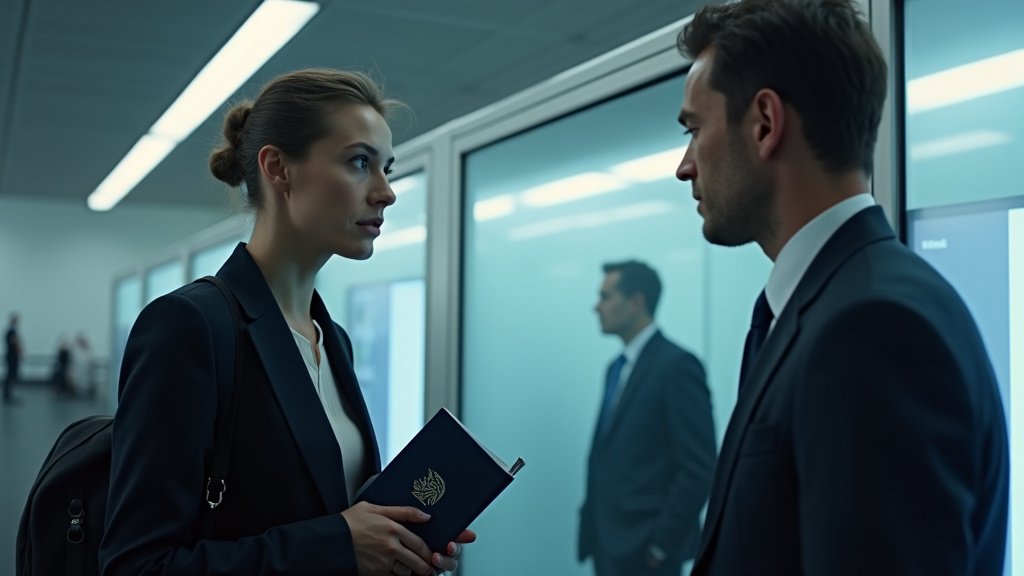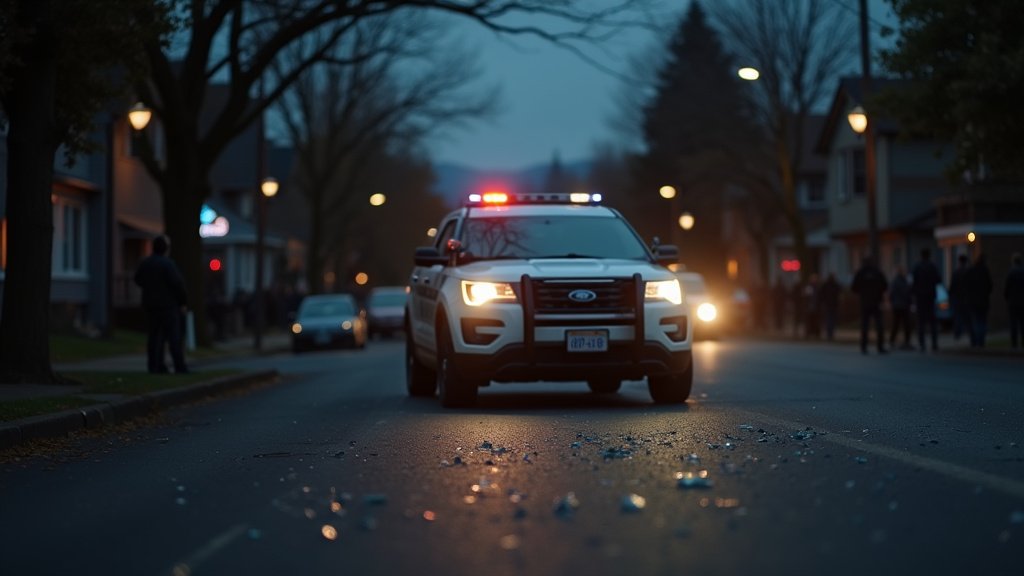As international travel trends upward, New Zealanders planning trips to the United States face a significantly tightened border security landscape. Recent high-profile detentions and an increase in Kiwis seeking consular assistance underscore the urgent need for travellers to be meticulously prepared. This news comes as US immigration policies grow stricter, particularly since November 2024.
Reggae artist General Fiyah was reportedly detained and deported, prevented from performing at a cultural festival in Washington. This incident follows closely on the heels of New Zealander Sarah Shaw and her six-year-old son, who endured a three-week detention in a Texas immigration facility due to an alleged administrative error with her travel documents. Both cases highlight a growing trend of intense scrutiny at the US border.
Increased Scrutiny and Consular Assistance
The New Zealand Ministry of Foreign Affairs and Trade (MFAT) has observed a notable increase in citizens encountering difficulties. As of August 18, 2025, 30 New Zealand passport holders have sought MFAT’s assistance regarding US immigration issues since November 2024. While these numbers represent a small percentage of overall travellers, they mark a significant uptick compared to previous years; for instance, there were only eight such cases in 2023-2024. This rising frequency has prompted MFAT to update its travel advisory, maintaining a ‘Level 2: Exercise increased caution’ warning for the United States. The advisory now explicitly cautions against potential detention, deportation, and re-entry bans if travellers are deemed to have breached entry conditions.
Understanding Entry Requirements: ESTA and Visas
New Zealand is part of the US Visa Waiver Program (VWP), allowing citizens to travel for tourism or business for up to 90 days without a traditional visa. However, this convenience comes with strict requirements. Travellers must possess a valid e-passport with a digital chip and obtain an approved Electronic System for Travel Authorization (ESTA) prior to departure. The ESTA application, costing US$21, is typically valid for two years, but does not guarantee entry. The final decision rests with Customs and Border Protection (CBP) officers at the port of entry.
Crucially, the VWP is strictly for tourism or business. Engaging in unauthorised work or study, or attempting to overstay the 90-day limit, will lead to severe penalties, including detention, deportation, and a ban from future US travel. For those planning stays longer than 90 days, or for purposes such as employment or education, a specific US visa is mandatory. Applications for these visas can be complex and require careful attention to detail, often involving interviews at the US Embassy or Consulate.
What to Expect at the Border
Travellers should anticipate thorough questioning by CBP officers regarding their travel purpose, accommodation, and financial means. It is vital to be truthful and cooperative. Electronic devices, including phones and laptops, are also subject to inspection. Refusing to unlock devices or answer questions can lead to denial of entry. While US citizens and lawful permanent residents have more robust rights, foreign nationals can be denied entry for refusing to cooperate with officer inquiries.
Beyond documentation, common reasons for denial of entry include: past visa overstays, previous immigration violations, criminal history (even minor offences), providing false information on applications, or suspicious activity perceived by border agents. Even social media activity or critical political views have been cited in some instances as factors leading to increased scrutiny, as highlighted by reports involving other nationalities.
Essential Preparations for Kiwi Travellers
To minimise risks, New Zealanders should take several key precautions:
* Verify Documents: Ensure your passport is valid for at least six months beyond your intended stay and that all details match your ESTA or visa application.
* Understand Your Purpose: Be clear and consistent about your reason for visiting and ensure it aligns with your ESTA or visa type.
* Proof of Onward Travel & Funds: Have proof of a return or onward ticket and demonstrate sufficient funds for your stay.
* Electronic Devices: Be aware that devices may be searched. Consider clearing sensitive data or carrying only essential information.
* New Registration Requirement: As of January 2025, Kiwis aged 14 and over staying in the US for more than 30 days are required to register with US authorities, a critical new step to avoid penalties.
* Travel Insurance: Purchase comprehensive travel and medical insurance, as US healthcare costs are exceptionally high, and standard policies may not cover immigration-related issues.
* SafeTravel Registration: Register your travel plans with MFAT’s SafeTravel service to receive updates and enable consular assistance if needed.
The current climate at the US border signifies a shift towards stricter enforcement. By meticulously preparing and understanding the updated requirements and potential challenges, New Zealanders can better navigate their journeys and mitigate the risks associated with this evolving trending news story.






